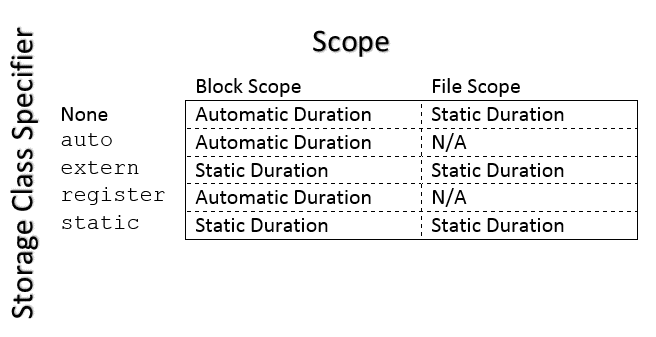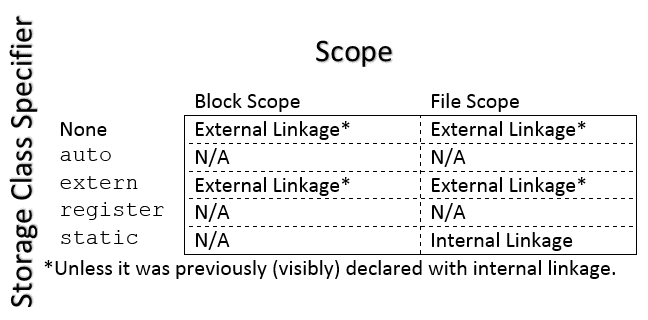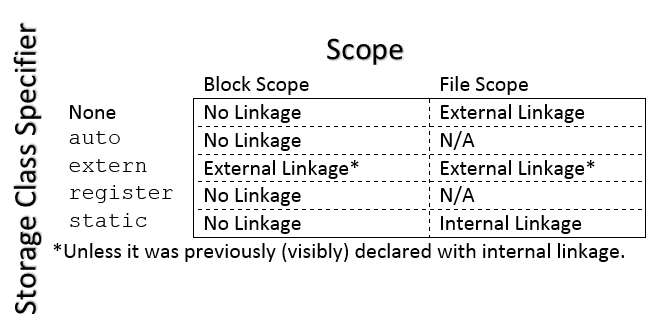

|
Scope, Storage Duration, and Linkage in C
an Introduction |
|
Prof. David Bernstein
|
| Computer Science Department |
| bernstdh@jmu.edu |





